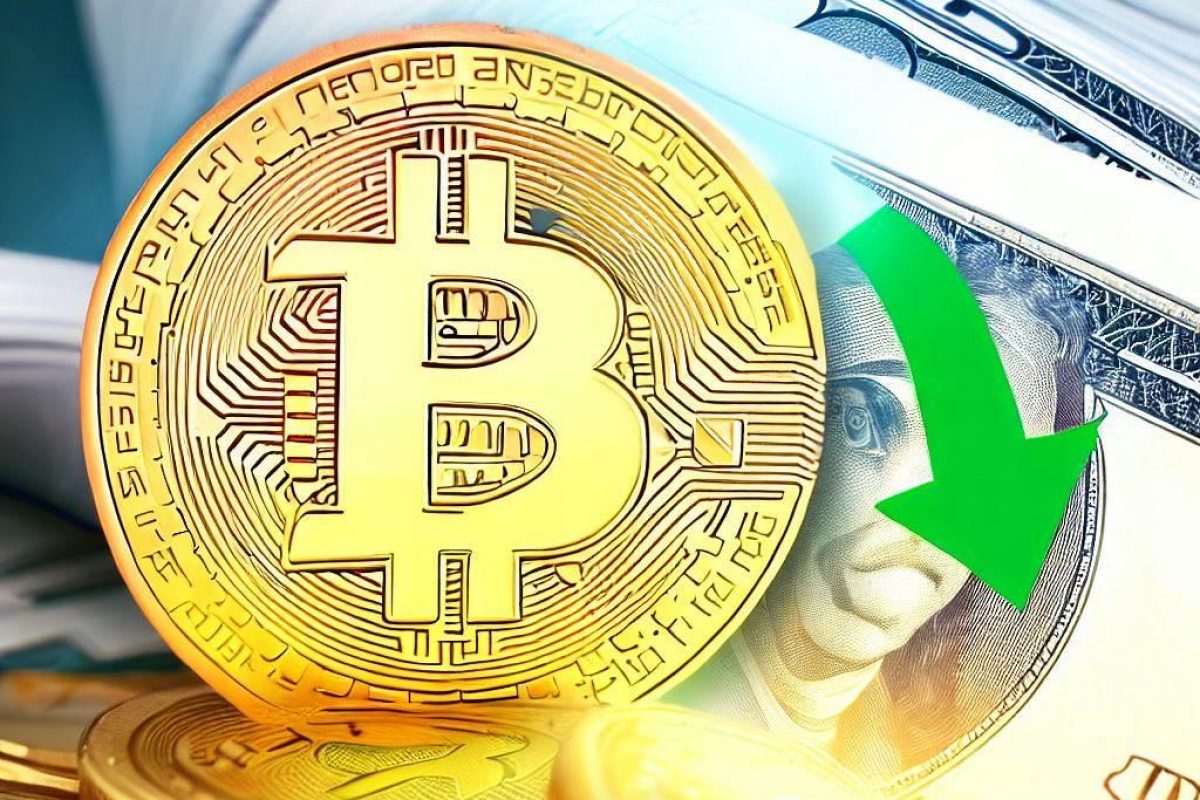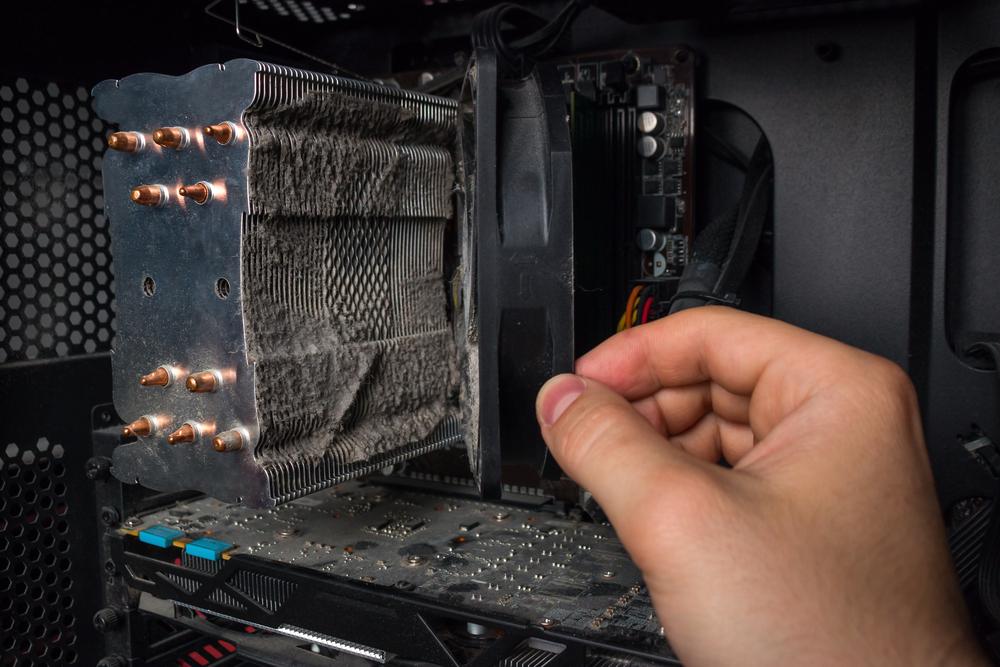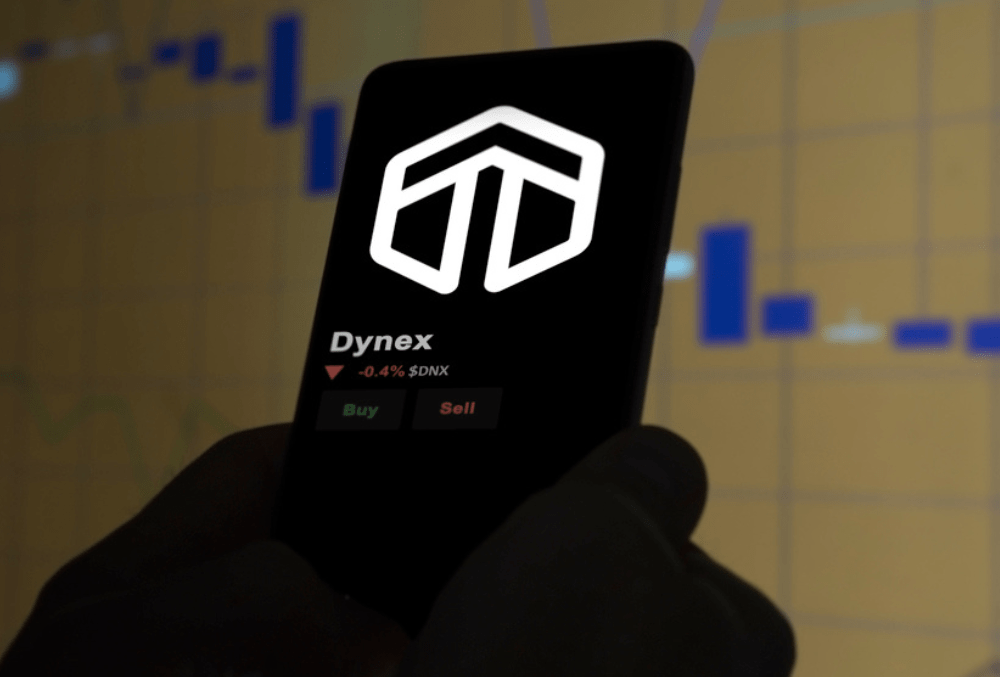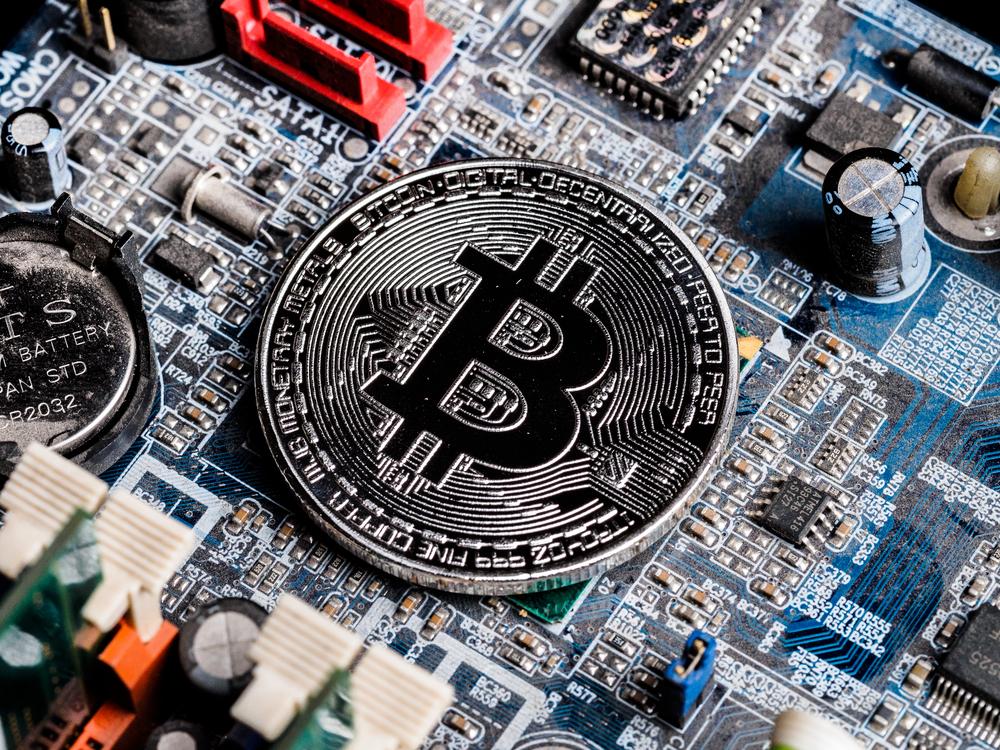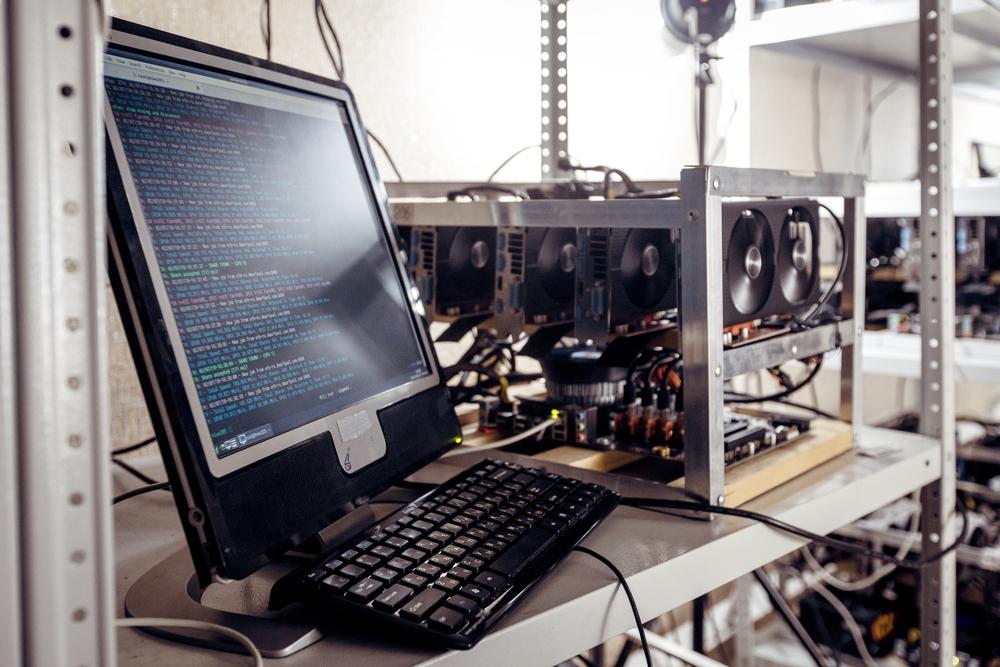The question “How do I convert $1 million in Bitcoin to US Dollars?” is not only timely but crucial for many high-net-worth individuals delving into the cryptocurrency world. With Bitcoin’s increasing value and adoption, many people find themselves in the enviable position of having a significant amount of Bitcoin. However, the conversion process can be complex and fraught with potential pitfalls. This guide aims to clear the fog and offer a comprehensive roadmap for safely converting your digital assets into cold, hard cash.
The Basics: Introduction to Cryptocurrency and Bitcoin
Cryptocurrency, a term once used only in tech circles, has become a household word. Bitcoin, the pioneer of this digital currency revolution, has made headlines repeatedly for its skyrocketing value and utility. Understanding the basics of Bitcoin is vital for anyone contemplating the conversion of large sums. So, what is Bitcoin? In simple terms, it’s a decentralized digital currency that works without a central bank or single administrator. The key to Bitcoin’s success lies in its blockchain technology, which ensures secure and transparent transactions.

The Digital World: What is a Digital Wallet?
Before you can think about converting your Bitcoin to USD, you’ll need a place to store your cryptocurrency. That’s where digital wallets come into play. These are essentially your bank accounts in the crypto realm, allowing you to send, receive, and store digital assets. Security is paramount here, so opt for wallets that offer robust security features like two-factor authentication (2FA) and cold storage solutions.
Conversion Pre-requisites: Setting Up Your Digital Wallet
Choosing the right digital wallet is an essential step. Your wallet should align with your tech-savviness, the amount you’re converting, and how frequently you plan to carry out such transactions. Hardware wallets are the most secure, but they are also the least convenient for quick transactions. On the other hand, online wallets are more suitable for daily trades but come with a higher risk. Always set up two-factor authentication and backup your wallet to ensure your Bitcoins are safe.
The Conversion Methods: Introduction to Conversion Methods
After setting up your digital wallet, the next phase involves deciding how you’ll convert your Bitcoin to USD. There are several methods, each with its own advantages and disadvantages. Let’s delve into these methods in more detail.
Traditional Cryptocurrency Exchanges
Traditional exchanges like Coinbase and Binance are the most common avenues for converting Bitcoin to USD. These platforms operate like stock exchanges, allowing you to trade your Bitcoin for fiat currency directly. They are user-friendly and offer a range of features, including market analytics and various trading options. However, they do charge fees, which can eat into your conversion value. Moreover, because they are centralized platforms, you also run the risk of hacking and other security breaches.
Over-The-Counter Trading
High-net-worth individuals often opt for Over-The-Counter (OTC) trading. In this method, a broker facilitates the transaction between a buyer and a seller. OTC trading is ideal for large transactions as it doesn’t influence the market price of Bitcoin, offering a stable and efficient process. However, it’s vital to go through reputable OTC brokers to avoid fraud.
Peer-to-Peer Transactions
Peer-to-peer platforms like LocalBitcoins allow you to connect directly with buyers. This method is less formal and gives you the freedom to negotiate the rate. While it’s a more personalized approach, it also carries higher risks, such as scamming.
Using a Crypto Broker
Brokers act as intermediaries who can find you a buyer willing to purchase your Bitcoins at a favorable rate. This method is beneficial for those who aren’t familiar with the market and don’t want to navigate the complexities of exchanges. However, brokers charge fees for their services, which could be a drawback.
Decentralized Exchanges
Unlike traditional exchanges, decentralized platforms aren’t controlled by any single entity. Transactions occur directly between users, making the process more secure but also more complicated. These platforms are best suited for those who have a good grasp of how blockchain technology works.
Legal Aspects: Tax Implications
Converting $1 million in Bitcoin is not just a financial transaction; it’s also a taxable event. Tax laws on cryptocurrency vary from country to country, so it’s essential to consult a tax professional well-versed in crypto tax regulations. In the United States, for example, cryptocurrencies are treated as property, meaning you’re obligated to pay capital gains tax upon conversion. Keeping precise records of your transactions can save you a headache during tax season.
Regulatory Framework
It’s crucial to understand the legal landscape surrounding large Bitcoin transactions. Regulatory policies are continually evolving, but it’s your responsibility to ensure compliance with the existing laws. Anti-Money Laundering (AML) and Know Your Customer (KYC) regulations require you to verify your identity when making large transactions.
Reporting to Financial Authorities
For transactions exceeding certain amounts, you’ll need to report to financial authorities to ensure compliance with anti-money laundering regulations. In the U.S., converting $1 million in Bitcoin would require filing a Currency Transaction Report (CTR).

Financial Planning: Considerations Before Conversion
Before pulling the trigger, consider the financial aspects carefully. Market volatility could significantly affect your conversion rate, and high transaction fees could nibble at your total sum. It’s advisable to conduct a thorough cost-benefit analysis to get the most out of your conversion.
Optimal Timing for Conversion
Timing is crucial in the crypto world. Keeping an eye on market conditions can help you decide the most profitable time to convert your Bitcoin. Consider factors like market stability, global economic conditions, and upcoming crypto regulations.
Best Practices: Safety Precautions
Security cannot be overstated when dealing with large sums. Always opt for platforms that offer features like two-factor authentication and cold storage solutions.
Pro Tips for Maximizing Conversion Value
Strategies like limit orders and time-weighted average price can help maximize your conversion value. Research and consult with financial advisors to tailor a strategy that suits your specific needs.
Real-world Scenarios: Case Studies
Studying real-world cases can offer invaluable insights. Learning from both successful and unsuccessful conversions can help you navigate the complexities of converting large sums of Bitcoin to USD.
Common Pitfalls: What to Avoid
Scams and fraudulent activities are rampant in the crypto world. Being vigilant and conducting due diligence can save you from potential losses.
Risks and Their Mitigation
Every method of conversion carries its risks, from market volatility to potential hacks. Having contingency plans in place can offer a safety net against unforeseen complications.
Frequently Asked Questions
Before proceeding with any large conversion, consult with a financial advisor well-versed in cryptocurrency regulations.
Different methods like brokers, OTC services, and cryptocurrency exchanges have their pros and cons.
Transaction fees vary depending on the method of conversion. You can get an estimate using our ASIC Miner Profitability Calculator.
Timing depends on multiple factors like market volatility and global economic conditions. For a detailed analysis, read our article on Understanding Mining Difficulty.
Always use trusted platforms and two-factor authentication. For a detailed security checklist, refer to How to Protect Your Mining Rig from Hackers.

Conclusion: Final Words and Takeaways
Converting $1 million in Bitcoin to US Dollars is no small feat. It involves meticulous planning, understanding of the market, and compliance with financial regulations. With this comprehensive guide, we hope to have armed you with the knowledge and best practices to navigate this complex process.

